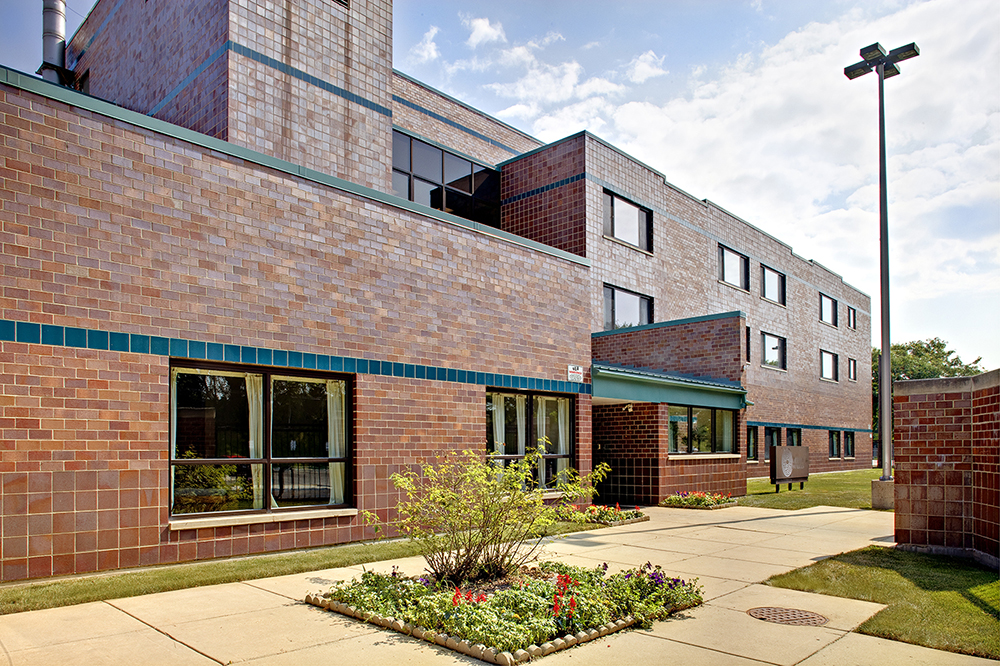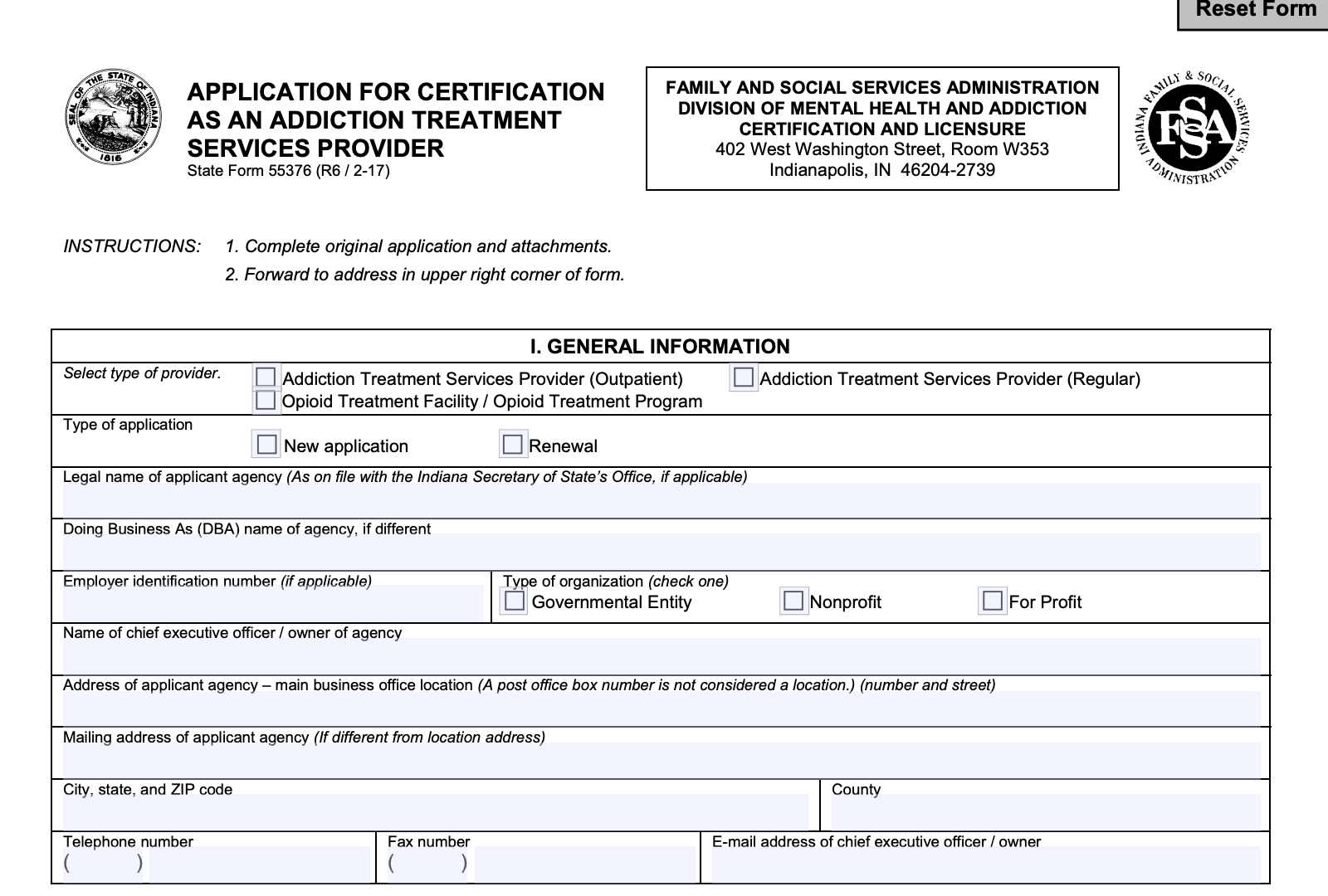Alternative Recuperation at an Extraordinary Addiction Treatment Center
Revealing the Relevance of Household Assistance in the All Natural Dependency Treatment Method
Family characteristics play a critical function in forming a person's trip via dependency and subsequent rehabilitation. The value of family members assistance transcends mere psychological support; it expands to producing a conducive setting that cultivates lasting and sustainable healing.
The Function of Family Members Characteristics
Household dynamics play an essential duty fit the outcomes of people undergoing all natural dependency therapy. The family is frequently the key source of assistance, impact, and prospective tension for people having a hard time with addiction. By entailing member of the family in the therapy process, therapists can address underlying issues, enhance communication, and strengthen partnerships, every one of which are important for lasting healing.

Additionally, involving relative in therapy sessions can improve the individual's assistance system, supplying them with a network of encouragement and liability outside of official therapy settings. By resolving family members dynamics within the context of all natural addiction therapy, specialists can develop a more effective and thorough strategy to sustaining individuals on their journey to healing.
Enhancing Therapeutic Results
By incorporating different healing methods and tailored therapy plans, all natural addiction treatment programs aim to enhance outcomes for individuals seeking healing. Enhancing healing outcomes includes a multifaceted technique that addresses the physical, psychological, and emotional facets of addiction. One crucial element in accomplishing successful end results is the consolidation of evidence-based techniques such as cognitive-behavioral therapy, inspirational talking to, and mindfulness methods. These methods aid people develop coping techniques, enhance self-awareness, and advertise behavioral change.

In enhancement to individualized therapy, team therapy and support sessions play a crucial duty in boosting therapeutic end results. These group setups offer people with a sense of responsibility, inspiration, and area, promoting a supportive setting vital for long-lasting recuperation. Addiction Treatment Center. By combining these numerous methods, holistic dependency therapy programs can significantly improve the overall wellness and healing trip of individuals battling with addiction
Building a Helpful Environment
Central to this environment is the family members device, as familial connections play a critical function in a person's trip towards sobriety. Past the household, a holistic addiction treatment approach acknowledges the importance of more comprehensive neighborhood assistance.
Integrating alternative methods such as mindfulness methods, Visit Your URL exercise routines, and nutritional assistance can even more improve the total health of the individual and contribute to a sustainable recuperation journey. By nurturing a helpful community that resolves different facets of a person's life, alternative addiction therapy can properly facilitate long-lasting healing and encourage individuals to lead fulfilling, substance-free lives.
Dealing With Underlying Family Problems
When diving right into the complexities of all natural dependency therapy, it becomes necessary to explore the underlying familial characteristics that might influence a person's trip in the direction of recuperation. Addressing these underlying family concerns is vital in developing a supportive atmosphere conducive to recovery and here are the findings sustainable soberness. Family members treatment sessions can help determine and solve conflicts, boost communication, and reconstruct count on among relative. By including the family in the treatment procedure, it permits a much more comprehensive understanding of the person's struggles and gives a platform for collective healing.
Furthermore, exploring the source of disorder within the family can unearth patterns of behavior that might have added to the growth of addiction. By resolving these underlying concerns, families can interact to create healthier characteristics that sustain the individual's healing trip. This collaborative strategy not only benefits the specific looking for treatment yet also promotes a sense of unity and understanding within the family, advertising long-term recovery and overall wellness.
Fostering Long-Term Recuperation
Exploring the characteristics of family members assistance even more, fostering long-lasting recuperation entails developing lasting methods and his response interventions that promote continued healing and sobriety. In the context of dependency therapy, the participation of member of the family in the recuperation process can dramatically impact the individual's lasting success. By fostering a setting of continuous support and understanding within the family device, people battling dependency can feel more encouraged and inspired to maintain their soberness.
One key facet of cultivating lasting healing is the implementation of aftercare support programs. These programs provide individuals with sources, guidance, and proceeded treatment after completing formal dependency treatment. By remaining linked to an encouraging network post-rehabilitation, individuals are much better equipped to navigate obstacles and activates they might experience in their lives.


Verdict
To conclude, household assistance plays an essential role in the holistic addiction therapy approach by affecting healing end results, constructing a helpful ecological community, attending to underlying family members problems, and fostering long-lasting healing. The characteristics within a household can substantially affect an individual's journey in the direction of sobriety, making it vital for treatment programs to include and involve household participants in the recovery process. This joint strategy can result in more sustainable and effective outcomes in dependency therapy.
Family members therapy sessions can aid determine and address patterns of codependency, allowing household members to develop boundaries and develop healthier coping devices.
Family members treatment sessions can assist identify and resolve conflicts, boost communication, and reconstruct trust fund amongst household participants. In the context of addiction therapy, the participation of family participants in the recovery process can significantly impact the individual's long-lasting success.In final thought, family members support plays an essential role in the alternative addiction therapy technique by affecting healing end results, building an encouraging community, dealing with underlying family members concerns, and cultivating long-lasting recuperation (Addiction Treatment Center). The dynamics within a family can considerably affect a person's journey towards soberness, making it crucial for treatment programs to involve and involve household members in the recovery process